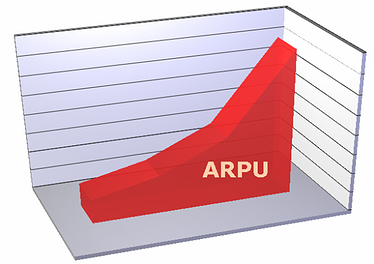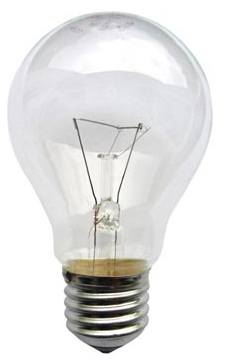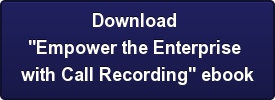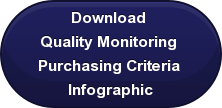To answer this question about live monitoring versus selective call recording, we reached out across 30+ LinkedIn groups to ask professionals spanning call centers and almost every vertical industry. Among the many respondents, here are a few key ones:

"It's easier and quicker to listen to recorded calls. But by listening to live calls you have the opportunity to coach your agents immediately after the call. The call is fresh in the agent's mind. Being able to point out any possible issues can be addressed on the spot, providing immediate feedback allows the agent to immediately implement any needed changes through coaching. If you wait and listen to recorded calls how many calls could the agent handle incorrectly after that? Selective recorded calls of a caller having issues can also be a great coaching tool." (Division Manager at top 5 Call Center Outsourcer)
"Both methods have merit and both are valuable tools to improve and maintain quality. I would advocate a combination with live monitoring and immediate feedback together with recording and review by the call handlers and their peers." (Executive at Call Center Consulting Firm)
"I believe that both have their benefits, but I prefer live monitoring so I can provide real time coaching/feedback to my employees. I do happen to use selective recordings when conducting 1x1's with direct reports so the agents hear how they come across to the customer. Once they have listened to the call, we discuss areas of improvement and come up with an action plan." (Call Center Management Professional at a Real Estate Firm)
"I have found that listening to recordings is a much better use of my time. I choose the recordings based on the amount of time one has been on the phone. Live monitoring causes me to sit and listen to all of the bad numbers, no contacts, call backs, etc. With recordings I can cut to the chase and evaluate the effectiveness of the call and all of its attributes quickly and efficiently." (CEO at Market Research Firm)















